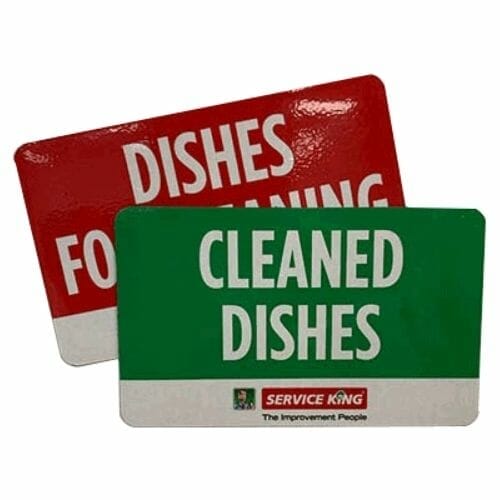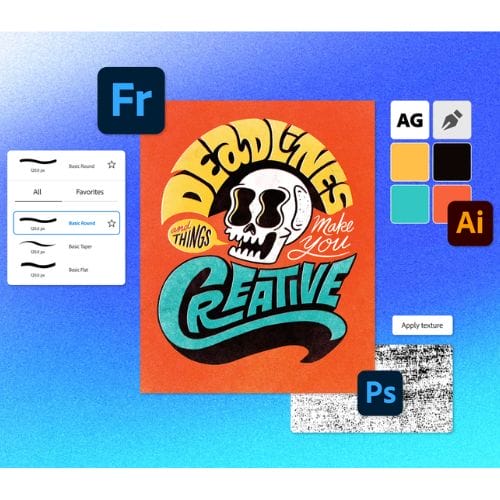Every day, thousands of new blogs pop up online. Yet, only a small percentage stand out and consistently bring in revenue for their owners. The key differentiator often lies in a combination of compelling content and solid search engine optimization (SEO). This article will explore how to find profitable blogging topics, optimize your posts for steady traffic, and effectively monetize through display advertising, sponsorships, and affiliate marketing. Read on to discover proven tactics that can help turn your passion for writing into a lucrative online business.
1. Finding Profitable Blogging Topics
One of the first steps to building a money-making blog is choosing a niche that not only excites you but also resonates with an audience large enough to generate consistent traffic. Fortunately, you can rely on data to guide your decision. For instance, according to a 2022 W3Techs survey, WordPress powers approximately 43% of websites on the web, suggesting that blogging remains a popular medium for content creators worldwide.
Start by identifying the areas where you have some expertise or at least a strong interest. Then, conduct keyword research using free tools like Google Keyword Planner, or paid platforms like SEMrush or Ahrefs. Look for keywords with decent search volume but lower competition to maximize your chances of ranking well. Keep in mind that over 600 million blogs exist globally, as highlighted by GrowthBadger, so you’ll want to stand out by focusing on underserved topics or offering a unique perspective within a broader niche.
2. Mastering SEO for Steady Traffic
Your content strategy doesn’t end with picking the right topics; you also need to optimize each post for search engines to generate a flow of steady, organic traffic. A 2021 HubSpot study found that 75% of users never scroll past the first page of search results, reinforcing the importance of strong on-page SEO. Here are a few tips to help you climb the search rankings:
- Keywords and Titles: Incorporate your primary keyword in the title, headings, and meta description. But remember—don’t overdo it; aim for natural inclusion rather than keyword stuffing.
- Header Tags and Readability: Break your content into easily digestible sections using H2 and H3 headings. This helps readers navigate your post and makes it easier for search engines to understand your content structure.
- Internal and External Links: Provide value to readers by linking to relevant pages on your blog and credible external sources. This helps establish your site’s authority and assists search engines in understanding the context of your topics.
- Page Speed and Mobile-Friendliness: Search engines favor websites that load quickly and work seamlessly on mobile devices. Consider compressing images, minimizing code, and using responsive design.
Building authority in search results also involves off-page factors such as backlinks from reputable websites. While you can organically grow your backlink profile by creating high-quality, shareable content, there are link building services that offer to help you acquire links from relevant and authoritative websites. Just be sure to vet any service you use, as spammy or low-quality links can harm your SEO efforts.
3. Monetization Methods: Display Ads, Sponsorships, Affiliate Marketing
A blog that’s well-optimized for search engines can attract thousands of visitors each month, creating prime opportunities to make money. Here are three popular revenue streams for bloggers:
Display Advertising
Display advertising platforms like Google AdSense allow you to place ads in various areas of your blog—header, sidebar, within content, or footer. Each time someone views or clicks an ad, you earn a small commission. According to eMarketer, global digital ad spend surpassed $600 billion in 2022, demonstrating the robust demand for online advertising. The more targeted and high-traffic your blog, the more you stand to benefit from display ads.
Sponsorships
As your blog gains credibility and a sizable following, companies in your niche may approach you for sponsorships or paid partnerships. Sponsored content can range from a dedicated blog post to a product review or a mention in your newsletters and social media. To land sponsorships, create a media kit highlighting your blog’s monthly pageviews, audience demographics, and previous successful collaborations. When negotiating deals, be transparent with readers by clearly labeling sponsored posts, and ensure any endorsements align with your brand values.
Affiliate Marketing
Affiliate marketing involves promoting other businesses’ products or services through tracked links, earning you a commission on each sale generated from your blog. Effective affiliate marketing blends seamlessly into your content, such as writing product roundups, how-to guides, and detailed tutorials. For example, if you run a fitness blog, you could recommend specific workout equipment or supplements. The goal is to offer genuine value, not just pitch products for the sake of earning money. Use platforms like Amazon Associates, ShareASale, or Commission Junction to find programs that fit your niche.
4. Building Your Online Empire
Turning a blog into a sustainable income source doesn’t happen overnight. It takes time, consistent effort, and adaptability. As your blog matures and your traffic grows, keep an eye on analytics to see which posts attract the most visitors and which monetization methods perform best. Update your content regularly, add new affiliate links, and explore additional income streams like selling digital products or offering consulting services.
Remember that SEO best practices change over time. Algorithm updates, new ranking factors, and shifts in user behavior can all influence your blog’s performance. Stay informed by following industry-leading sources—websites like Moz, Search Engine Journal, and Neil Patel’s blog regularly share insights on evolving SEO trends. If you keep experimenting with fresh ideas, testing new strategies, and adapting to change, you’ll be well on your way to building a profitable online presence.
By zeroing in on profitable niches, mastering SEO fundamentals, and combining display ads, sponsorships, and affiliate marketing, you can transform your blog from a hobby into a thriving business. With thoughtful planning and persistent action, your content can reign supreme in the digital realm—fulfilling the promise that, in the world of online marketing, content truly is king.





